Our home is our sanctuary. It is designed to be a place of comfort and enjoyment. All of us who love furry feline friends, want to share our sanctuary with those friends. Your cat should also feel comfortable and be safe in your space. Plants can be a great source of joy that creates a peaceful environment. However, several plants are somewhat common yet very poisonous to cats. There are thousands of plans that are poisonous to cats, but many of them are either not lethal or uncommon. Keep reading to find a shortlist of plants you should avoid if you have a kitty kid. We will also include some of the symptoms they may experience if they consume these plants. Lastly, we will include a handy dandy list of plants that are safe to have in and around your home.
If you want a more comprehensive list of poisonous plants, check out Pet Poison Helpline and ASPCA. These websites are excellent resources that also include steps to take if your pet consumes something questionable.
Plants Toxic To Cats: Lilies
Let’s start right out with a complex example. As you may know, lilies come in a variety of species. Some are quite poisonous, while others are fairly safe. The most dangerous types of lilies include Day Lilies, Easter Lilies, Tiger Lilies, Asiatic Lilies, and Japanese Show Lilies. The Pet Poison Helpline warns us that it does not take much to severely affect your cat. Symptoms: Severe Kidney Failure; Potentially Fatal.
If lilies are your favorite flower, consider a Peace Lily, Calla Lily, or Peruvian Lily. These lilies are less harmful, and consumption may cause irritation that results in drooling.
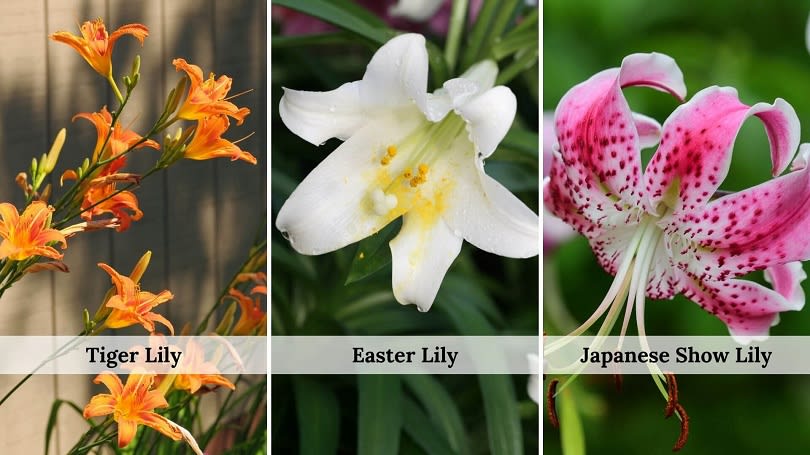
Plants Toxic To Cats: Azaleas & Rhododendrons
These plants also come in a variety of breeds, but none of them are great for cats. According to Pet Poison Helpline, azaleas & rhododendrons can attack several critical areas of your feline’s body, including the central nervous system, cardiovascular system, and gastrointestinal system. If not treated, your cat could slip into a coma and possibly die. Symptoms: vomiting, diarrhea, abnormal heart rate, heart arrhythmias, tremors, seizures. This is not an exhaustive list. If you can get immediate treatment, your cat may be ok.
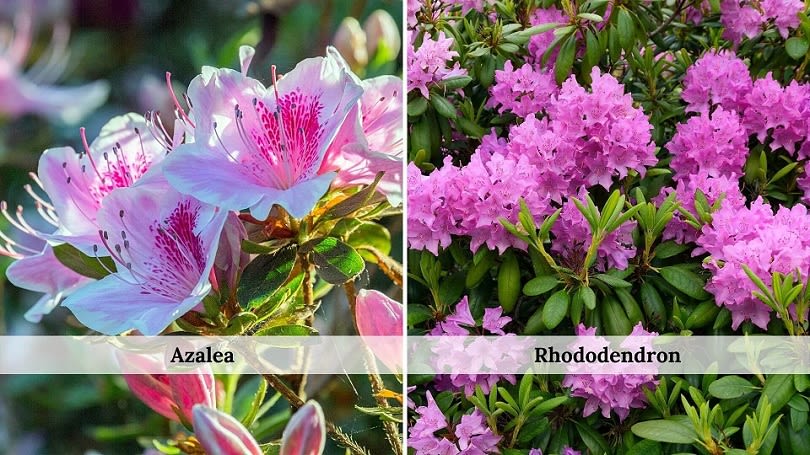
Plants Toxic To Cats: Daffodils
The daffodil is such a happy and innocent-looking plant, but PET MD informs us that every portion of this plant is toxic for our feline friends. However, the bulb is the most poisonous part of the plant. Symptoms: Severe Vomiting, Diarrhea, Cardiac Issues.
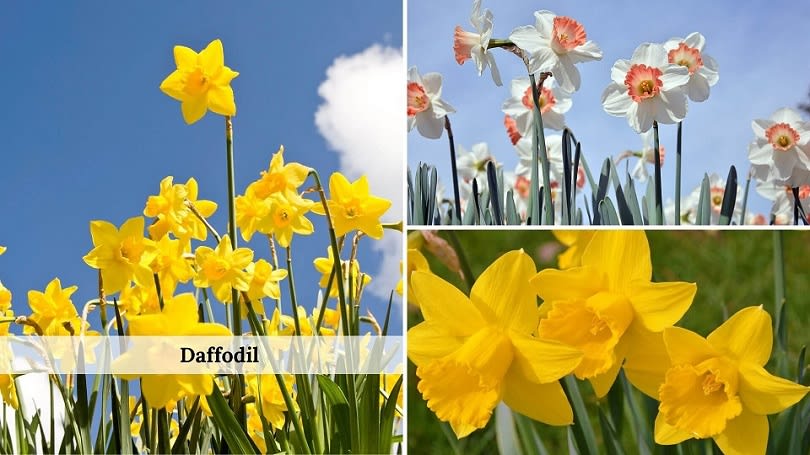
Plants Toxic To Cats: Begonias
These flowers can be found at almost any store that sells flowers. Depending upon what "Hardiness Zone" you live in, the Begonia can live for quite some time with minimal care. But according to ASPCA, these little beauties contain soluble calcium oxalate which is quite toxic to cats. Fortunately, the most poisonous portion of this plant resides below the soil line. Symptoms: Vomiting and excessive salivation.
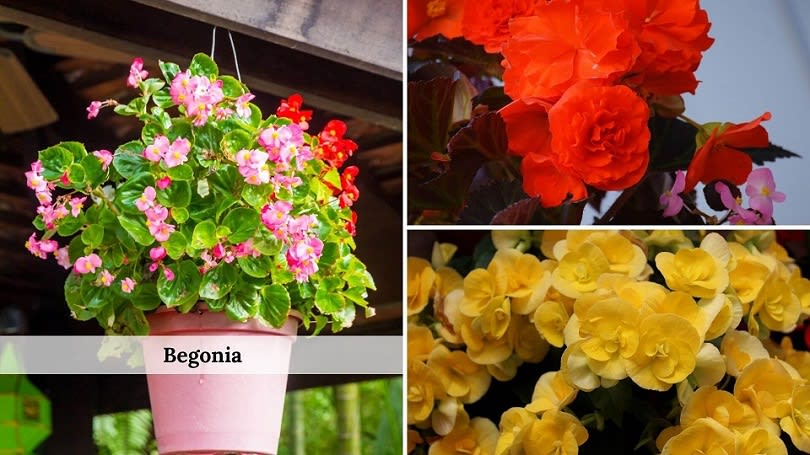
Plants Toxic To Cats: Kalanchoe
The Kalanchoe is a member of the succulent family. We love succulents at Tandem Studio Floral. Kalanchoe, however, can cause significant discomfort when consumed by your cat. Symptoms: Diarrhea, Vomiting, and possible heart arrhythmias. Kalanchoe also known as the mother-in-law plant…maybe it’s just a coincidence.
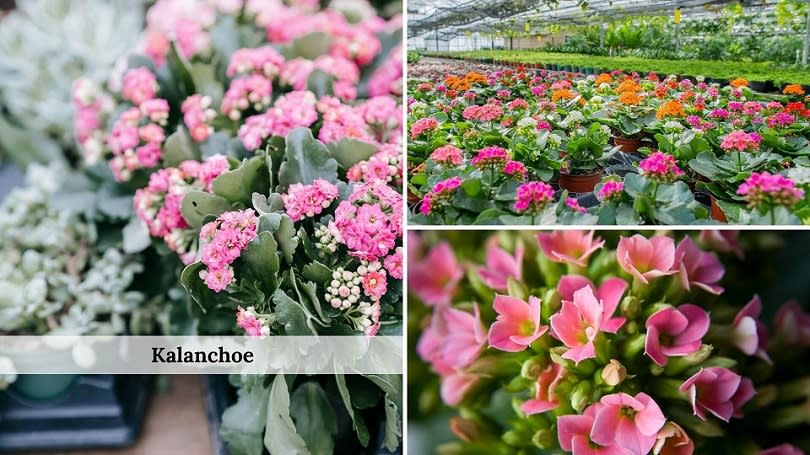
Plants Toxic To Cats: Autumn Crocus
This is a pretty plant with a nasty bite. Keep your cat(s) away from the Autumn Crocus at all costs. Pet Poison Helpline gives us some very helpful information about the signs and timelines of symptoms. Adverse reactions may occur right away, or they can take a few days to manifest. Not seeing immediate signs does not mean you are in the clear. Reach out to your local pet hospital IMMEDIATELY if you think your cat has consumed any part of the autumn crocus. As you may be aware there is also a Spring Crocus. The spring crocus is not as severe as the autumn crocus, but it is still quite toxic and should be addressed right away. The spring and autumn crocus do look similar, but the spring crocus tends to have a more rounded petal, not to mention their bloom season. Symptoms: Liver and kidney damage, gastrointestinal bleeding, vomiting, respiratory failure, seizures, possible death.
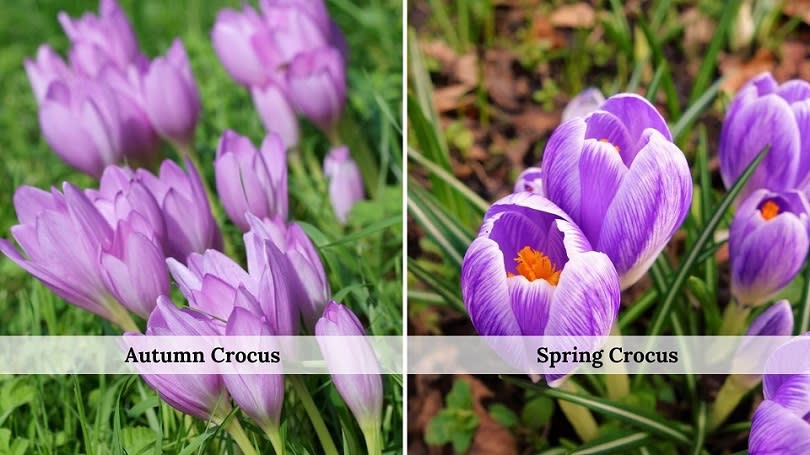
Plants Toxic To Cats: Dieffenbachia
This is one of those plants that you may not recognize by name, but once you see it you can think of a dozen places you have seen it. Hopefully one of those places is not your home. It is seldom lethal to cats, but it will cause discomfort. Symptoms: Vomiting, drooling, oral pain, decreased appetite.
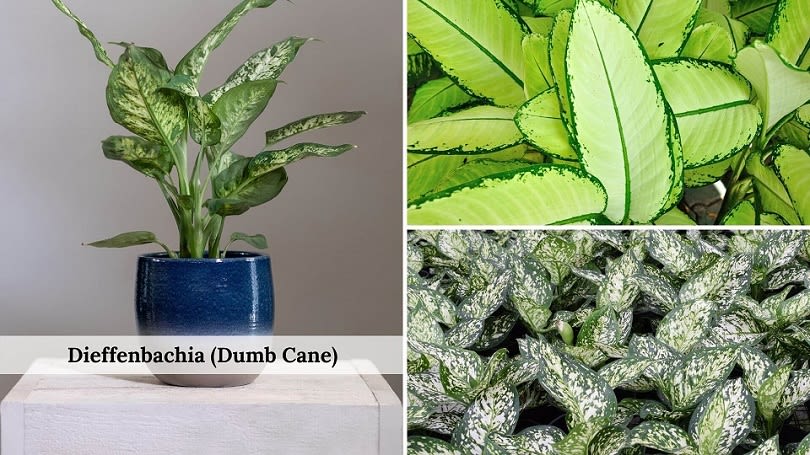
Plants Toxic To Cats: Tulips
Much like the Daffodils, every part of the tulip is poisonous to cats, but it is the bulb that is most toxic. PET MD states that unless a large amount of the bulb is consumed, it is not likely to be fatal to your cat. Symptoms: Drooling, oral irritation, vomiting, possible diarrhea.
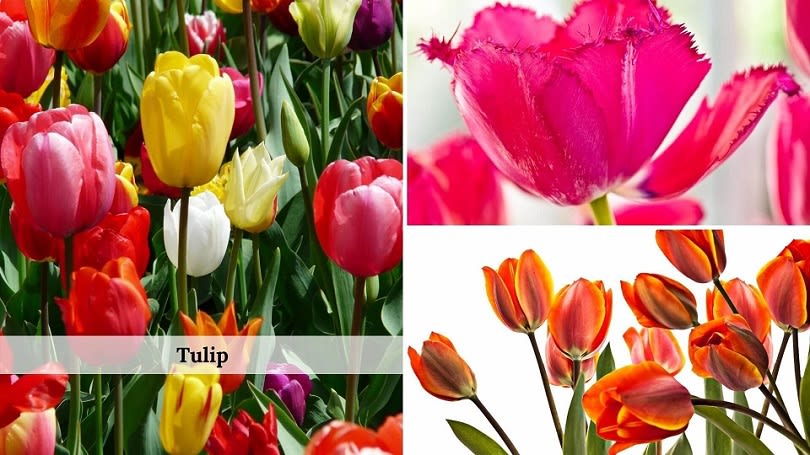
Plants Toxic To Cats: Daisies
Who doesn’t like the happy innocence of a daisy? Unfortunately, when it comes to our cats, these little plants are not so innocent, according to ASPCA. While they are not lethal, daisies can cause a lot of discomfort if consumed by a cat. Therefore, it is best to avoid keeping daisies around the house. However, Gerber Daisies are not toxic to cats. Symptoms: Vomiting, excessive salivation, diarrhea.
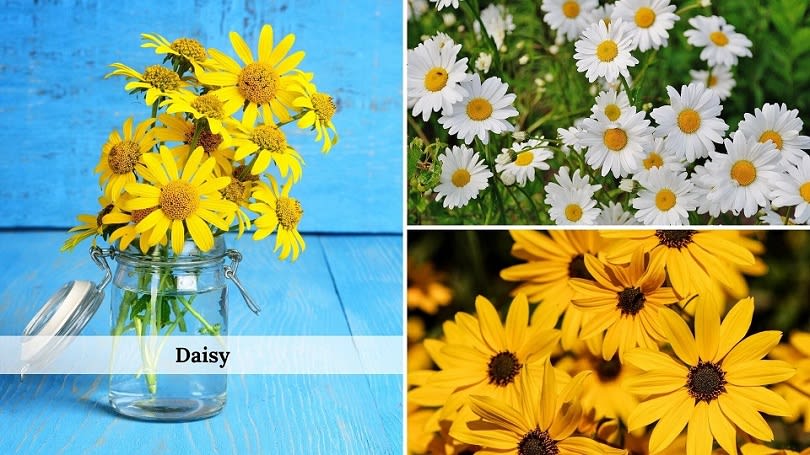
Plants Toxic To Cats: Garlic
What is the one thing almost every savory dish needs (in my humble opinion)? That’s right, garlic! How did you know? However, garlic is toxic to cats. Garlic is less toxic than other plants on this list. However, according to Wag!, some people believe that garlic has medicinal properties that are beneficial to cats which is why we have included garlic on our list. Do not feed your cats raw garlic! It is poisonous and will harm them over time. Symptoms: Vomiting, blood in urine, breaking down red blood cells, panting, increased heart rate.
Plants Toxic To Cats: Helpful Tips
If you believe that your cat has consumed any portion of any plant that you believe could be poisonous, get to a veterinarian immediately and bring the plan in with you. This will help put your vet on the right path for treatment much faster. You can also call a poison hotline, such as Per Poison Helpline (855-764-7661) or ASPCA (888-426-4435), but please note that fees may be applied.
If you cannot live without your perennial bulbs, there is something you can do to help keep your cat away from them. Sprinkle blood meal on top of the soil around your bulb plants. This will also keep pesky animals such as rabbits and deer from eating your plants. Plus, bloodmeal is a great fertilizer!
Pet Poison Hotline provides these tips if your pet is poisoned:
- Remove your cat to a safe place, away from the area that the plant was consumed.
- Do not induce vomiting without calling your vet or a place such as Pet Poison Helpline.
- Monitor your pet’s breathing as some plants can affect the respiratory system.
- Do not give your cat any home remedies.
Plants That Are Safe For Cats
Many plants are perfectly safe to have in the yard and around your home. We have included a small list. For additional options that may be better suited to your geographic area, check out aspca.org.
- African Violet
- Feathered Amaranth (Fairy Fountain)
- Venus Fly Trap
- Baby’s Breath
- Silver Star
- Fennel
- Cat Ear
- Zinnia
- English Hawthorn
- Torch Lily
- African Daisy
- Spider Plant
- Chickens & Hens
- Shrimp Cactus
- Pink Splash
- Lace Orchid
- Gerber Daisies
Nobody keeps harmful plants around intentionally, which is why resources such as this article are important. It is also good to remember that cat food is specifically designed for your cat's health, plants are not. Therefore, it is probably a good idea to keep your pets from munching on plants that are not poisonous as well...just sayin'. We hope that you have gained some helpful information that will keep your fur babies safe. Tandem Studio Floral can customize an arrangement for anyone if we know their specific circumstances. Give us a call at 616-888-0219 and let us know how we can put together a gift that is just right for the ones you love.

